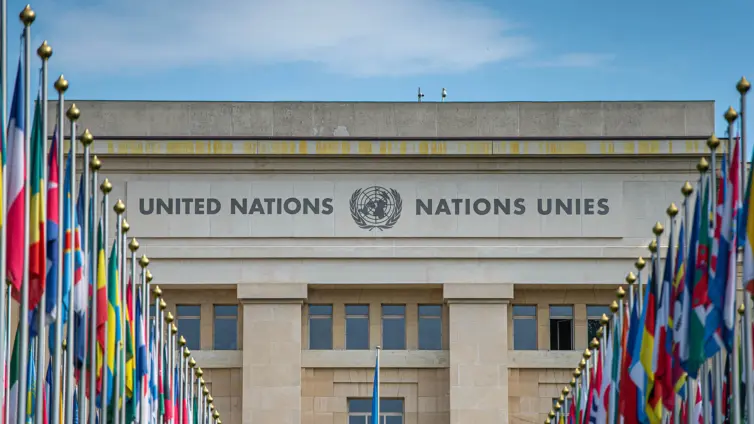In Panamá City, against a backdrop of global economic and trade volatility, Simon Stiell, the Executive Secretary of UN Climate Change, presented a compelling argument: strong climate policies are not just about protecting the environment, but are a critical tool for stimulating economic growth and fostering trade. Speaking at the 2025 Nature Summit, Stiell underscored that decisive action on climate change is essential to avert the most devastating impacts of a warming planet. A new generation of national climate plans, he argued, is crucial for unlocking a host of benefits, including job creation, increased revenue, and a surge in investment. For Stiell, strong climate policy isn’t merely an environmental imperative; it’s a pathway to economic opportunity.
“Clear and strong climate policies are an antidote to trade and economic uncertainty,” Stiell asserted, emphasizing that countries that proactively address climate change will be best positioned to thrive in the evolving global landscape. These policies drive trade and economic growth while simultaneously helping to prevent the worst effects of climate change.
Stiell outlined the myriad benefits that arise from implementing robust national climate plans. These plans, he said, attract a bonanza of benefits. They catalyze job creation, boost revenue streams, and ignite a virtuous cycle of increased investment in sustainable technologies and infrastructure. At the 2025 Nature Summit, Stiell remarked, “This new generation of climate plans are really about growth. Growing industries and economies. And building a better future. One where nature is protected, and where people have better opportunities.”
Around the world, clean energy projects are gaining momentum. Investors stand ready to commit multi-billion-dollar investments, signaling that global decarbonization is, in Stiell’s view, unstoppable. The statistics bear this out: over 90% of new energy capacity added last year was renewable. Rapid advancements are evident everywhere, from the proliferation of EV charging infrastructure to breakthroughs in energy storage technologies.
National climate targets and actions are increasingly ambitious. Stiell highlighted several nations leading the way. Brazil, he noted, is putting nature at the heart of its climate plan. Germany is investing billions in climate action, viewing it as a means to enhance national security. And China is setting a national climate target that encompasses every greenhouse gas and every sector of its economy. “This isn’t only because of their better environmental angels,” Stiell explained. “It’s because global decarbonization is the biggest economic transformation of our age, making it one of the biggest commercial opportunities we’ve ever seen.”
According to Stiell, the clean energy market represents a $2 trillion opportunity. He emphasized that every country aspires to capitalize on this burgeoning market, but to ensure that all nations benefit, international cooperation is essential. New markets are emerging, and new trade routes are forming, all driven by the demand for clean energy solutions. Stiell issued a call to action, urging continued cooperation on climate, building upon the breakthroughs achieved at recent COPs.
However, Stiell cautioned against a “two-speed transition,” where some countries accelerate towards a sustainable future while others lag behind. “We cannot afford a two-speed transition, where some countries race ahead and leave others behind,” he warned, adding that “a supply chain is only as strong as its most fragile link.” Heads of state, he affirmed, remain committed to cooperation on climate, recognizing that a truly global transition requires shared effort and mutual support.
Simon Stiell’s core message is clear: strong climate policies are not merely an environmental imperative but a potent catalyst for economic stability and growth. By embracing a new generation of national climate plans, countries can unlock a wealth of benefits, from job creation to increased investment. The burgeoning clean energy sector, representing a $2 trillion market, presents unparalleled opportunities for collaboration and innovation. As the world convenes at events such as the UN Climate Weeks in Panama, the paramount focus must be on translating commitments into concrete progress, ensuring that no nation is left behind in the pursuit of a sustainable future. Ultimately, embracing strong climate policies is vital to beat uncertainty and build a more prosperous and resilient world.
Image Source: MYJOYONLINE




















